Covid-19 and democracy
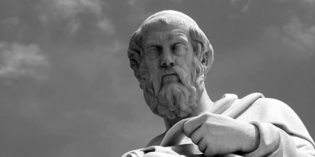
The Covid-19 pandemic has exposed why we urgently need to re-imagine democracy
Clodagh Harris and Ian Hughes argue that, as established democracies face numerous short- and long-term crises, we must re-imagine democratic institutions to be more inclusive, participatory and deliberative. Only then can democracies resist the threat of increasingly despotic leaders and tackle global threats, including the climate crisis.

If there is a public inquiry into Covid-19, what will it look like?
Nick Dickinson draws on previous inquiries to discuss what a public one into the Covid-19 crisis may look like. He concludes that, while an inquiry into the government’s response may be necessary for evaluating what went right and what went wrong, an inquiry should nonetheless not be seen as inevitable nor the most useful way to provide accountability.

Covid-19 lockdowns: early evidence suggests political support and trust in democracy has increased
Making use of cross-country European survey data that was fielded both before and after Covid-19 lockdowns were implemented, André Blais, Damien Bol, Marco Giani and Peter Loewen find that support for the incumbent leader, support for government in general, and trust in democracy have all increased in the short term.

Covid-19: why the emerging public debt crisis needs urgent engagement by parliamentarians
As parliaments around the world adjust to working remotely during the Covid-19 pandemic, Franklin De Vrieze argues that it is vital that they not only scrutinise governments’ public health policies, but also have a role in overseeing the ensuing new public debt, particularly in developing countries.
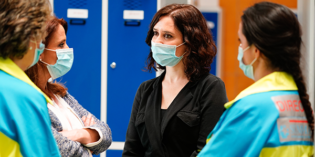
The territorial politics of coronavirus: is this the hour of central government?
In times of crisis, central governments have often increased their power. Comparing the territorial arrangements of countries facing the first wave of the Covid-19 pandemic, Davide Vampa argues that centralising power would be misguided, and instead we should look to examples of successful coordination within multi-level forms of governance.

The fight against coronavirus ‘fake news’ should begin with our political leaders, not just online trolls
Disinformation and fake news stories have proliferated since the start of the Covid-19 pandemic. Paul Reilly discusses their spread and effects and argues that, while this is concerning, misinformation from official government sources is far more damaging to public trust – and therefore to public health as well.
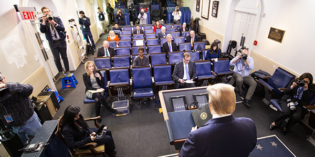
Trump’s fight over Covid-19 numbers shows how the hollowing out of expertise can be dangerous for democracy
As in any emergency or disaster, institutional agreement over the statistics of the Covid-19 pandemic is incredibly important. During the crisis, President Trump has questioned federally requested research around the spread of the pandemic and the amount of equipment needed to tackle it. Philip Rocco writes on how Trump’s efforts to undermine a common understanding of the numbers around the crisis can be a threat to democracy itself.
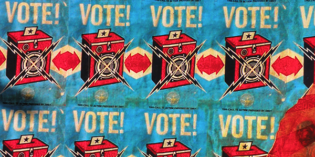
Online voting can work, but only if we design systems that voters can have confidence in
Could online voting be used to ensure elections continue during the Covid-19 pandemic? Areeq Chowdhury sets out some key principles of accessibility, security and user experience which should form the basis of any internet voting system if it is to elicit public confidence.

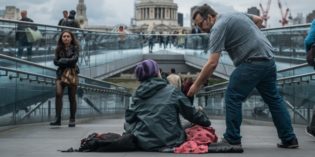
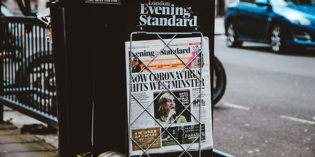

 Democratic Audit's core funding is provided by the Joseph Rowntree Charitable Trust. Additional funding is provided by the London School of Economics.
Democratic Audit's core funding is provided by the Joseph Rowntree Charitable Trust. Additional funding is provided by the London School of Economics.